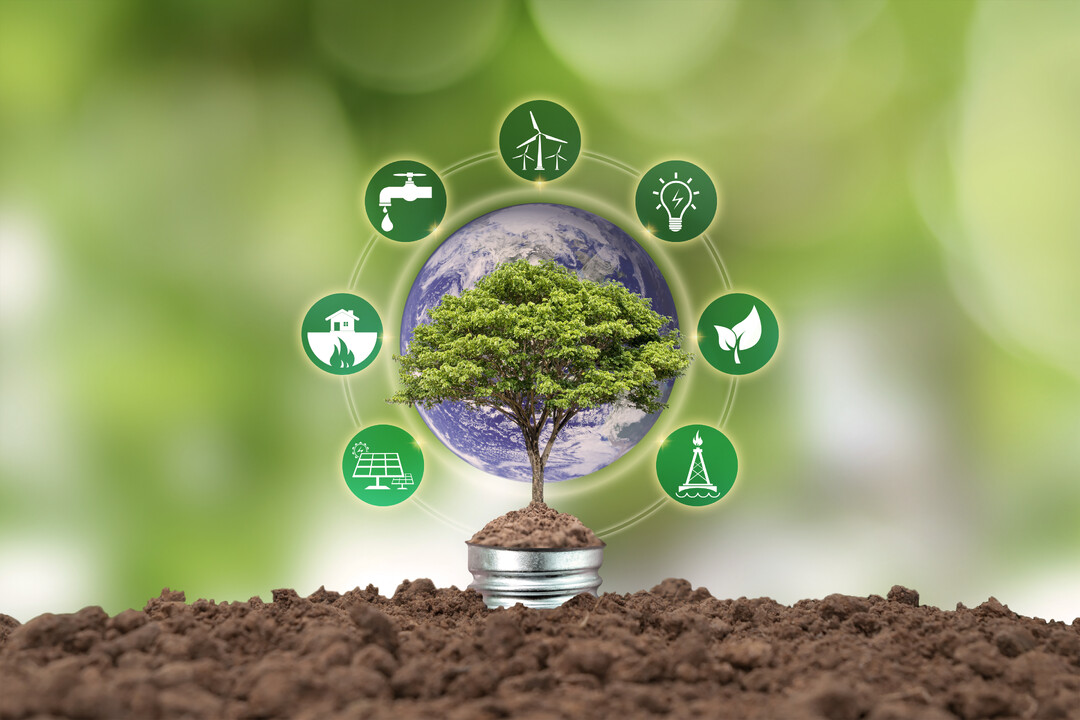
Welcome to the first issue of “Global Sustainability Agenda” – a newsletter coming out weekly on Sundays to present the summary of stories and discussions about ESG, corporate sustainability, energy transition, business net zero, and the path forward for businesses who want to pioneer a more sustainable reality for themselves.
This newsletter aims to equip business leaders, board members, and sustainability executives with the most recent information yet necessary knowledge to drive corporate decisions toward an economically, environmentally, and socially sustainable future.
Regulatory bodies and governments are urged to treat Carbon Markets not merely as a marketing compliance issue but as a serious market that requires robust regulation similar to financial markets. The need for a well-resourced oversight body is paramount to restore trust in carbon offsets.
Imagine a world where third-party organisations took sole responsibility for auditing and verifying a company’s financial statements, with no official oversight or legal repercussions for foul play.
Would investors feel comfortable in such an environment? Most likely not, as the risk of misinformation would be far too high, undermining trust and severely compromising the efficient allocation of capital.
Similarly, without rigorous regulation the carbon offset market will face a severe risk of lack of credibility.
Carbon offsets are still a great oppoutnity to combat climate impacts, but they must be well regulated. Implementing such reforms is crucial for the global sustainability agenda and it needs to be done immediately, otherwise the path toward a net-zero economy will remain a dream.

I’ve spent the past 18+ years helping ports, supply chains, and global businesses turn sustainability goals into real, measurable results.
From leading billion-dollar infrastructure projects to building my own consulting firm, I’ve seen how the right strategy can turn pressure into opportunity.
My mission today is simple: help leaders like you build sustainable, future-ready businesses that don’t just check boxes—but actually make an impact. One decision, one project, one team at a time.
Let’s build what’s next—together.
Have a project or idea in mind?
I’d love to hear what you’re working on.
Book a quick call here